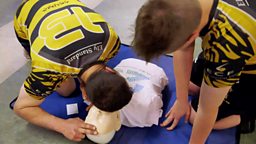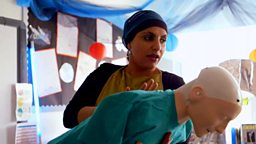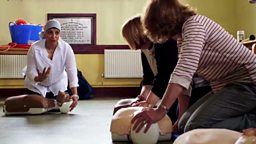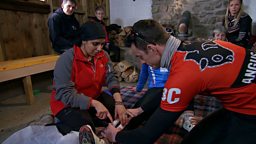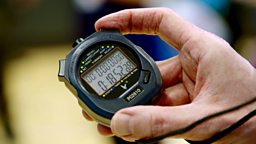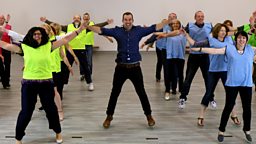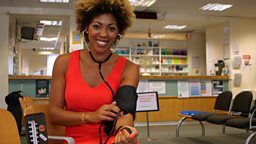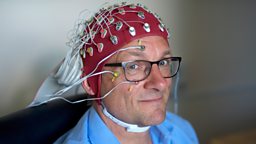When does a bang to the head need medical attention?
Concussion is the most common type of traumatic brain injury and leads to a temporary disruption in the brain’s ability to function. All concussions are serious and some can be life threatening, so how do we spot them and what can we do about them?

There are many misconceptions surrounding concussion and one of the most common is that it always results from a blow to the head. In fact, while head knocks are a common cause, concussion can also happen because of an impact to the upper body or a sudden movement, like whiplash, which causes rapid movement of the head. Concussion can happen to any of us at any age, but children and adolescents are more susceptible and it can take longer for them to recover.
It’s also important to know that you DON’T have to be knocked out to have a concussion. In fact loss of consciousness only occurs in 10% of cases. So while this is an important sign, there are other, less obvious red flags to look out for. These include:
- Confusion
- Drowsiness and fatigue
- Loss of balance/coordination
- Slow to get up or respond
- Disturbances in vision
- Headaches
- Sensitivity to light/noise
- Nausea and vomiting
- Dizziness
- Memory loss
Most concussions will recover with rest, but it’s important to know that this means both physical AND mental rest. So as well as avoiding exercise, people who are recovering from concussion need to steer clear of work, schoolwork, reading, driving, TV, video games and mobile phones. Those with concussion should also avoid alcohol. In all cases careful monitoring is required to make sure the injury isn’t more serious and patients shouldn’t be left alone for the first 24 hours.
If additional symptoms arise in the aftermath of a concussion they could indicate that the injury is more serious – the things to look out for include:
- Severe neck pain
- Loss of consciousness
- Increased drowsiness and confusion
- Severe or increasing headache
- Repeated vomiting
- Unusual behaviour change
- Having a seizure or fit
- Bleeding from one or both ears
- A bruise or wound to the head or face
- Sudden deafness
If any of these red flags arise you should seek medical treatment immediately.
Concussion in sport
In recent years concussion has become a particularly hot topic in the world of sport and one of the results of this is that activities like rugby have found themselves at the forefront of concussion research and treatment.
In Scotland, in grassroots sport are now in use and these offer information and advice that we can all learn from.
The main message of these guidelines is that if there is any doubt, players should be withdrawn from play, and they should only be allowed to return when they have made a full recovery.
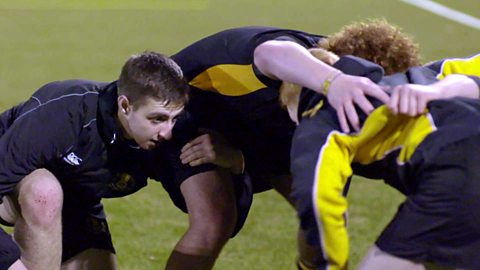
How to recognise and respond to concussion
Concussion can happen to any of us so it’s vital that we all know how to recognise it.
